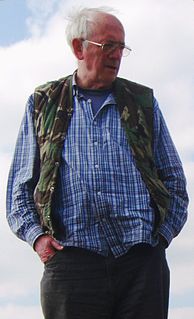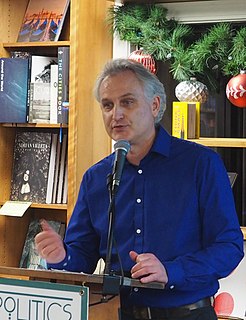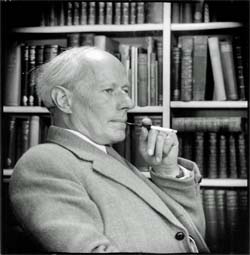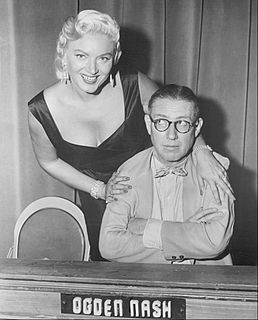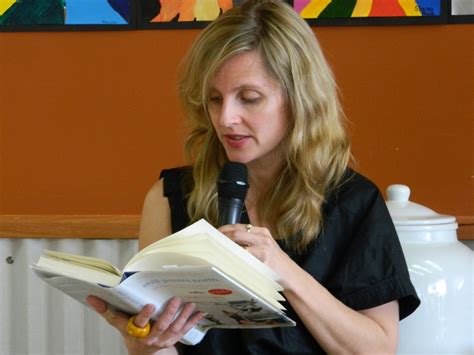A Quote by Alan Garner
I'll buy metaphor, but simile's a cop-out used by scaredycats who won't commit to anything. Simile's for cowards.
Related Quotes
A simile, to be perfect, must both illustrate and ennoble the subject; must show it to the understanding in a clearer view, and display it to the fancy with greater dignity; but either of these qualities may be sufficient to recommend it.... That it may be complete, it is required to exhibit, independently of its references, a pleasing image; for a simile is said to be a short episode.
Never use a metaphor, simile, or other figure of speech which you are used to seeing in print. Never use a long word where a short one will do. If it is possible to cut a word out always cut it out. Never use the passive voice where you can use the active. Never use a foreign phrase a scientific word or a jargon word if you can think of an everyday English equivalent. Break any of these rules sooner than say anything outright barbarous.
